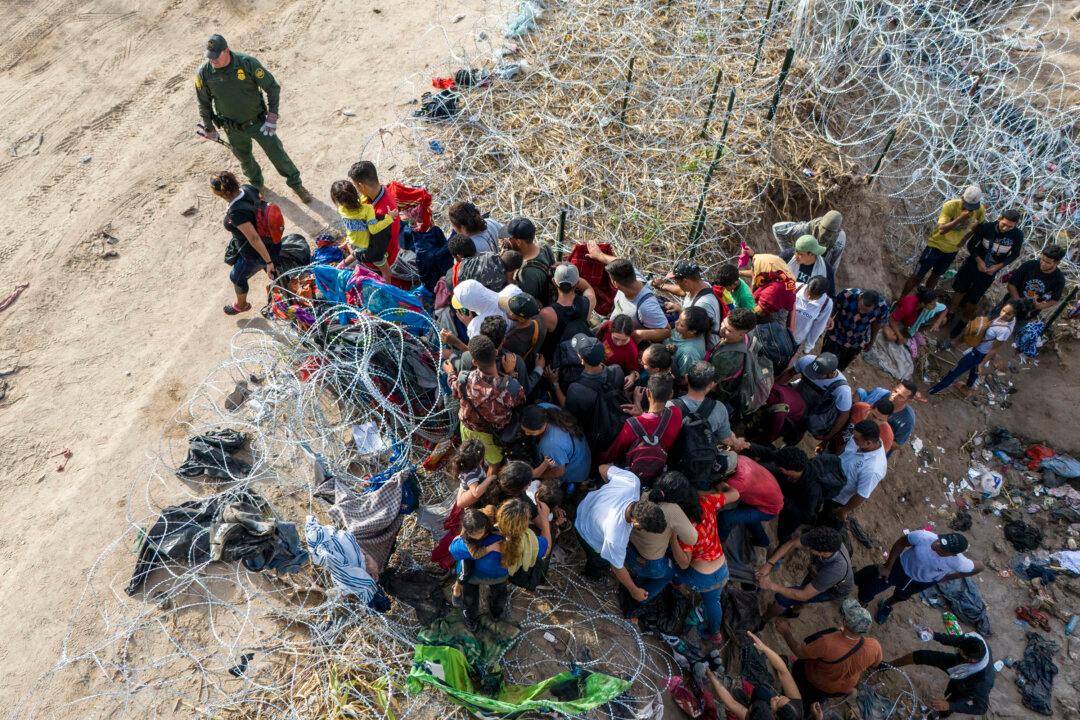Commentary
Few Romans in the late decades of their fifth-century empire celebrated their newfound “diversity” of marauding Goths, Ostrogoths, Visigoths, Huns, and Vandals.

Few Romans in the late decades of their fifth-century empire celebrated their newfound “diversity” of marauding Goths, Ostrogoths, Visigoths, Huns, and Vandals.